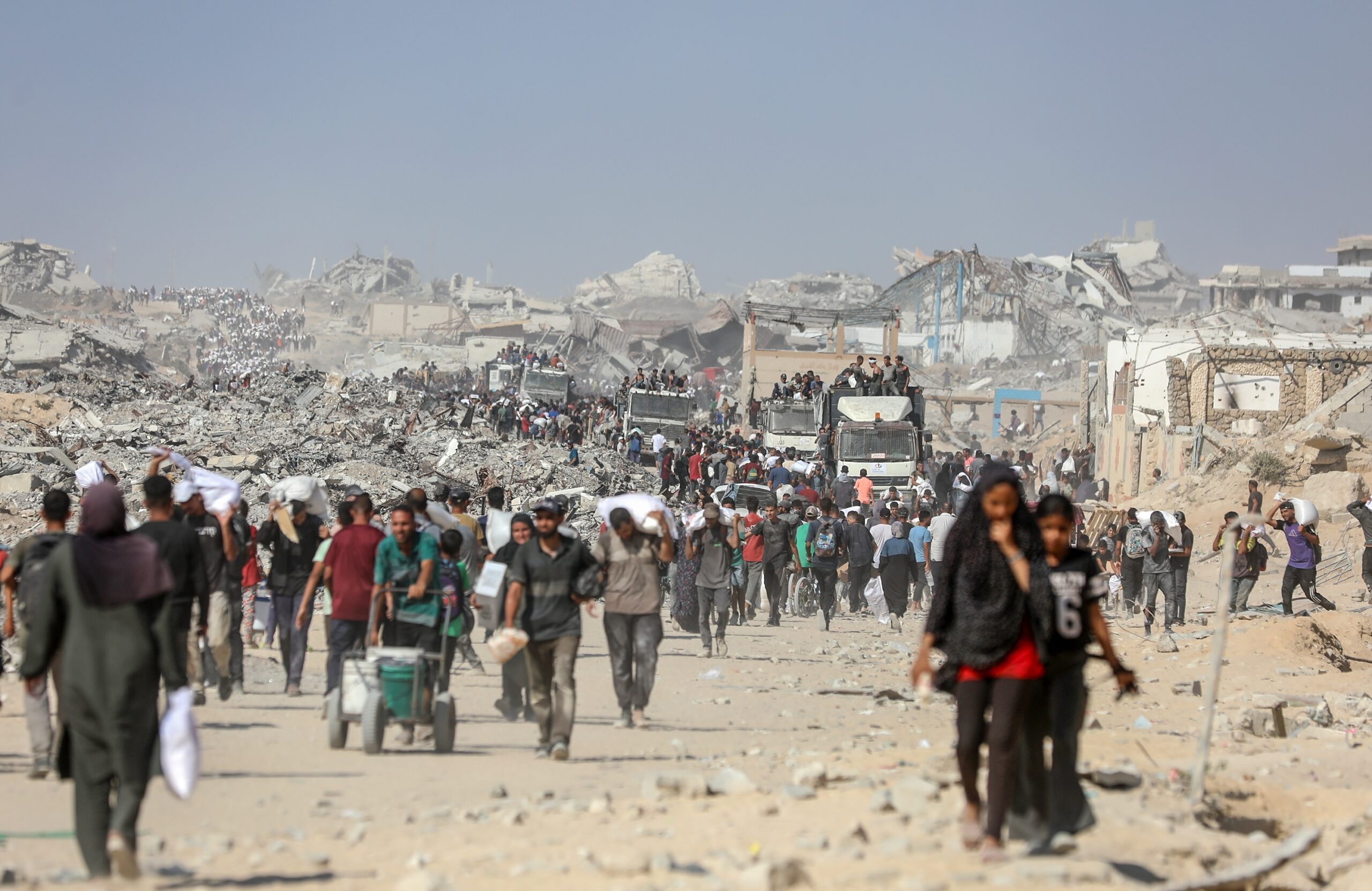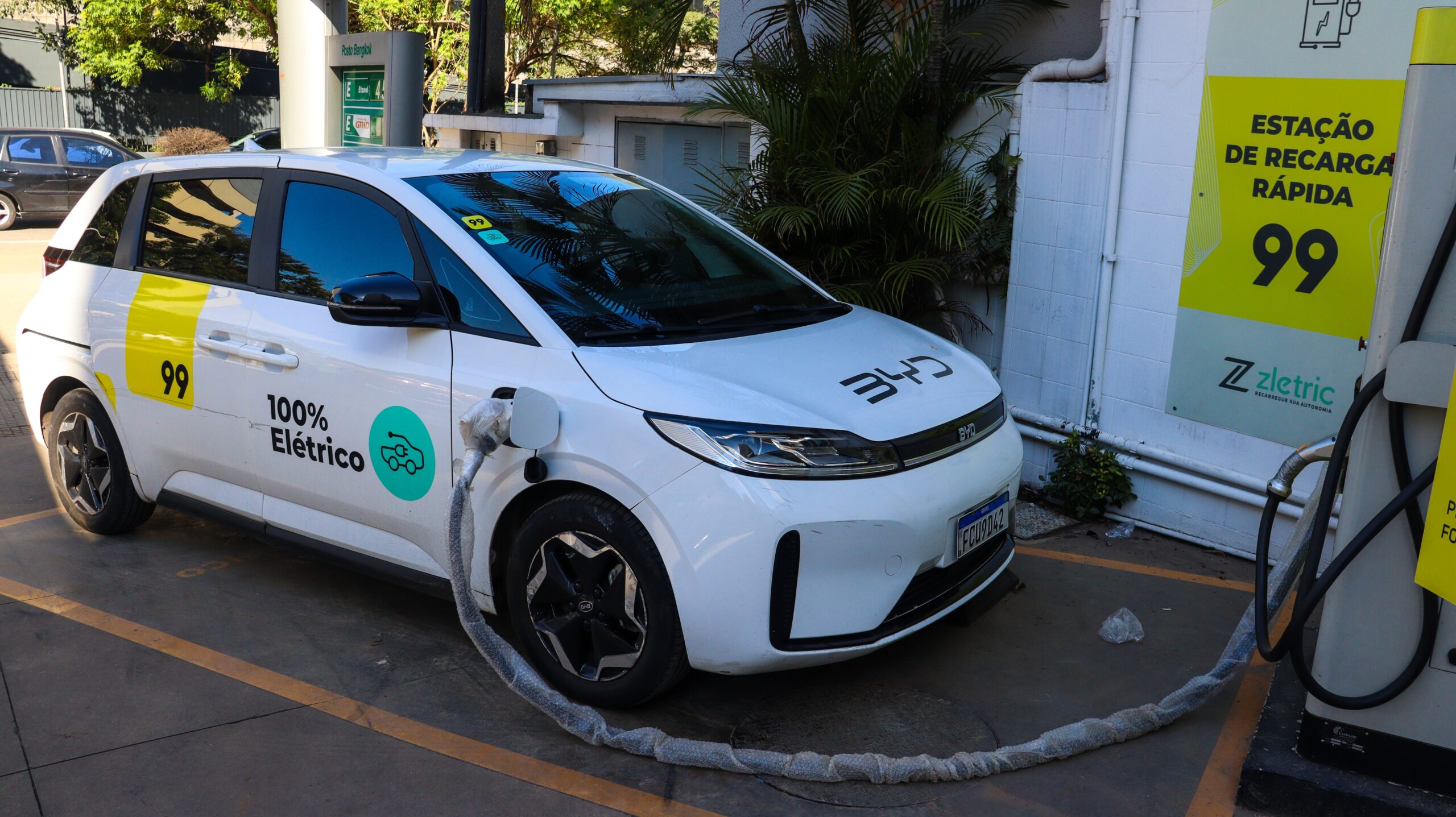This week in Australian foreign affairs: Australia to lead COP31 negotiations in partnership with Türkiye and the Pacific; Government lists Islamic Revolutionary Guard Corps as state sponsor of terrorism; Australia expands support for Pacific health and gender-based violence response services, and more.
On 22 November, Foreign Minister Penny Wong joined Minister for Foreign Affairs of Chile Alberto Van Klaveren Stork in marking the 80th Anniversary of Diplomatic Relations between Australia and Chile. Over the past 80 years, Australia and Chile have developed a close and multifaceted relationship, bound by the Pacific, enriched by Australia’s vibrant Chilean diaspora, underpinned by trade and complementary strengths as mining economies, and characterised by shared values and beliefs. The joint statement noted that commercial ties have provided the backbone of the relationship, from 19th-century trade in wheat from Chile that supplied a growing Australian nation to contemporary investments by Australian mining companies. The high-quality Free Trade Agreement and common membership in the CPTPP have strengthened and diversified trade, facilitating greater two-way investment and enabling world-class mining sectors to collaborate in producing critical minerals vital to the global energy transition. The Ministers emphasised that Australia and Chile form a bridge connecting the Pacific with Latin America, whether through direct flights, strategic business hubs, or the new Humboldt undersea cable connection. Both countries are committed to a peaceful, stable and prosperous Pacific region, working closely together through APEC and the South Pacific Defence Ministers Meeting, while serving as strong, like-minded partners across the multilateral system on issues including human rights, climate change, gender equality, protection of the oceans, and free and fair international trade.
On 23 November, Prime Minister Anthony Albanese, Foreign Minister Penny Wong and Minister for Climate Change and Energy Chris Bowen announced that formal agreement has been reached for COP31 to be hosted by Türkiye in Antalya, with the Pacific’s interests advanced by Australia assuming the role of President of Negotiations. Australia will have “exclusive authority in relation to the negotiations” to shape and guide global decision-making in support of the multilateral system and global trade and investment in clean energy industries. The Pacific will host a special pre-COP for leaders and others, bringing attention to the existential threat climate change poses to the region. This will give Australia and the Pacific unprecedented influence over multilateral deliberations and actions of the global community in 2026. Under the agreement reached at COP30 in Belem, Brazil, Australia will be the President of Negotiations from the end of COP30 until the end of COP31, with Minister Bowen fulfilling this role. Australia will select ministerial and other co-facilitators for negotiations and identify additional champions with Türkiye for the action agenda and thematic priorities, including from the Pacific. Australia, in partnership with the Pacific, will set the agenda for and preside over a special Pre-COP for leaders and others in the Pacific in 2026, giving the world an opportunity to see Pacific climate impacts and solutions firsthand. The action agenda will include a session at COP31 focused on climate finance needs of Small Island Developing States, providing a platform for world leaders and others to make commitments to the Pacific Resilience Facility. Prime Minister Albanese and Ministers Wong and Bowen emphasised that Australia’s region is at the frontline of the climate crisis, where the effects of climate change are real and immediate, and that COP31 will bring the focus of the world to the impacts, opportunities and priorities in the region.
On 25 November, Foreign Minister Penny Wong, Minister for Pacific Island Affairs Pat Conroy, Minister for International Development Anne Aly and Assistant Minister for Pacific Island Affairs Nita Green announced that the Australian Government will invest a further $25 million over five years to strengthen frontline services in the Pacific as part of the ongoing commitment to end gender-based violence. Gender-based violence impacts two out of three Pacific women – more than double the global average, with lasting effects including injuries, disability, unwanted pregnancies, disease and lost productivity. Pacific Strong: Amplifying Action to End Violence Against Women and Girls (PAVE) is a five-year initiative to expand and strengthen essential response services to support survivors of gender-based violence. PAVE will partner with 11 crisis centres across 9 Pacific island countries in the Federated States of Micronesia, Fiji, Kiribati, Papua New Guinea, Republic of the Marshall Islands, Solomon Islands, Tonga, Tuvalu and Vanuatu. On the International Day for the Elimination of Violence Against Women, Foreign Minister Wong stated that “violence against women and girls undermines communities, economies and long-term security,” noting that by strengthening frontline services through PAVE, Australia is helping build safer families and more resilient societies across the region. Minister Conroy emphasised that Australia stands firmly with the Pacific in efforts to prevent violence against women and girls and will continue to join Pacific voices on the issues that matter most to the region.
On 27 November, Foreign Minister Penny Wong, Minister for Pacific Island Affairs Pat Conroy and Minister for International Development Anne Aly announced that the Albanese Government will invest $48 million to support the Pacific family to manage increasing rates of HIV infections. This funding will assist Pacific governments to contain the spread of HIV through technical assistance, disease surveillance and co-investment in their national public health responses. Rising rates of HIV and co-infections like tuberculosis place increased pressure on Pacific health systems, societies and economies. Ahead of World AIDS Day, acknowledged on 1 December each year, Australia reaffirmed its support for ending the global AIDS epidemic by 2030. Foreign Minister Wong stated that “we are partnering with the Pacific to tackle the growing public health threat of HIV, including by sharing Australian knowledge and expertise and investing in community-led responses.” Minister Conroy noted that as rates of HIV in the Pacific rise, Australia stands ready to co-invest with Pacific partners to strengthen nationally led HIV responses. This announcement complements broader and longstanding Australian support to strengthen national health systems in the region and beyond.
On 27 November, the Australian Government listed the Islamic Revolutionary Guard Corps as a state sponsor of terrorism. Foreign Minister Penny Wong, Minister for Home Affairs Tony Burke and Attorney-General Michelle Rowland announced the listing following ASIO’s assessment that the IRGC had orchestrated attacks against Australia’s Jewish Community – on the Lewis’ Continental Kitchen in Sydney in October 2024 and the Adass Israel Synagogue in Melbourne in December 2024. These cowardly attacks on Australian soil were designed to undermine and sow division in Australia’s multicultural society by targeting Jewish Australians to inflict harm and stoke fear. The IRGC is the first listing of a state sponsor of terrorism under the new framework created by the Criminal Code Amendment (State Sponsors of Terrorism) Act 2025. Under Part 5.3A of the Criminal Code, it is an offence to direct the activities of, be a member of, associate with members of, recruit for, train with, get funds to, from or for, or provide support to, a state sponsor of terrorism, with offences punishable by penalties of up to 25 years imprisonment. Foreign Minister Wong stated that “Iran’s attacks were unprecedented and dangerous acts of aggression orchestrated by a foreign nation on Australian soil,” emphasising that “the Albanese Government has taken stronger action on Iran than any previous Australian government and will continue to work to keep Australians safe.”
Emily Mosley is the Projects and Publications Manager for the AIIA National Office.
This article is published under a Creative Commons License and may be republished with attribution.





